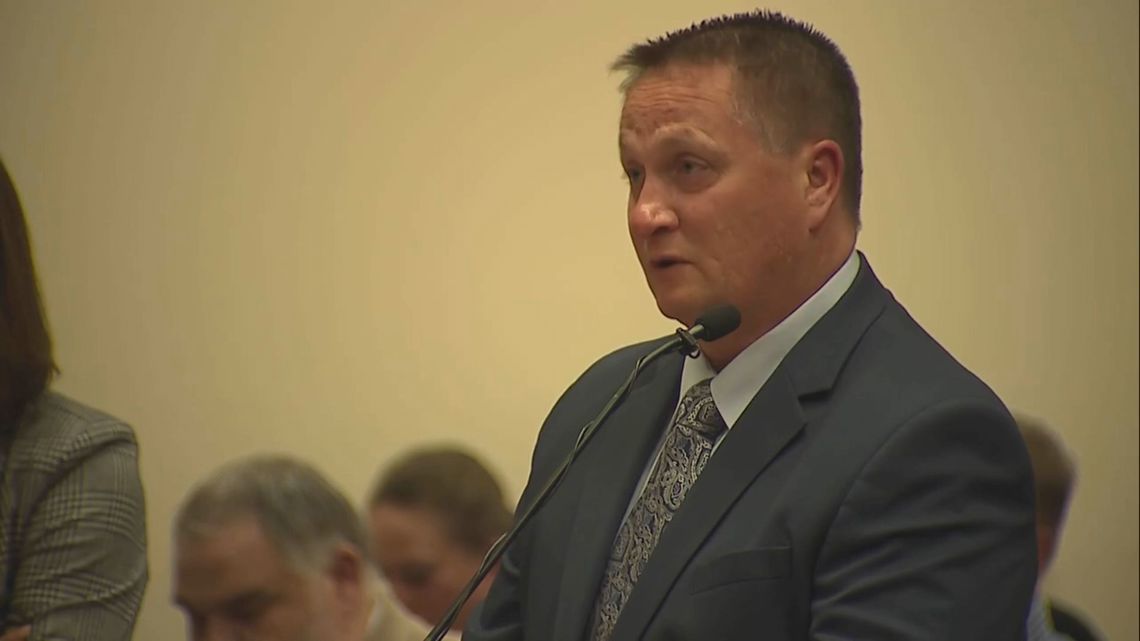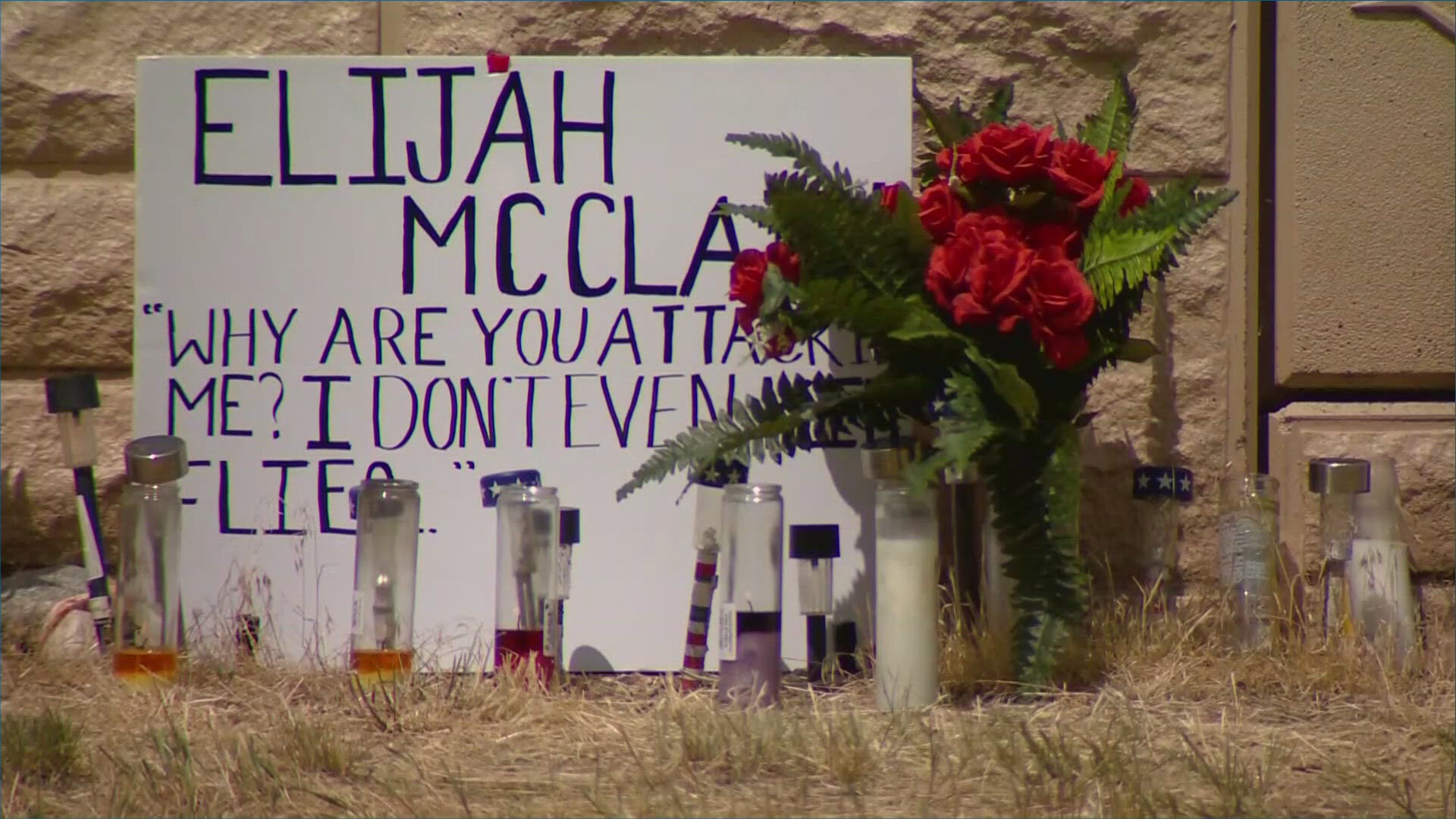AURORA, Colo. — A judge granted a motion on Monday allowing the paramedic who injected Elijah McClain with ketamine to remain free while he appeals his conviction related to McClain's death.
Jeremy Cooper was convicted in December of criminally negligent homicide but acquitted on other charges related to the 2019 death of McClain in Aurora. In April of this year, Judge Mark Warner sentenced him to 14 months of work release.


On Monday, Warner granted an appeal bond for Cooper. That means while he appeals his conviction, his work release sentence and probation will be stayed. That means he will remain out of custody throughout the appeals process once he has posted the $5,000 surety. He's next due in court on Jan. 13.
Warner previously denied a sentenced reconsideration for Cooper.


Earlier this month, Warner converted the sentence of Peter Cichuniec to probation from a five-year prison sentence. Cichuniec, a paramedic who was Cooper's supervisor, was convicted of second-degree assault and criminally negligent manslaughter in McClain’s death.
McClain was first contacted by three Aurora officers on Aug. 24, 2019, after someone called 911 about a man who was "suspicious" and wearing a ski mask.
Aurora Police officers Nathan Woodyard, Randy Roedema and Jason Rosenblatt confronted McClain on an Aurora street, and a physical struggle began. After Roedema said he saw McClain try to grab Rosenblatt’s gun – an assertion prosecutors repeatedly questioned – the officers twice put him in a neck hold with the objective of rendering him unconscious.
McClain vomited and inhaled some of it, then suffered a series of medical problems, including low levels of oxygen and high levels of acid in his body.
McClain said repeatedly “I can’t breathe,” before Cichuniec approved a dose of the sedative ketamine that was administered by Cooper.

